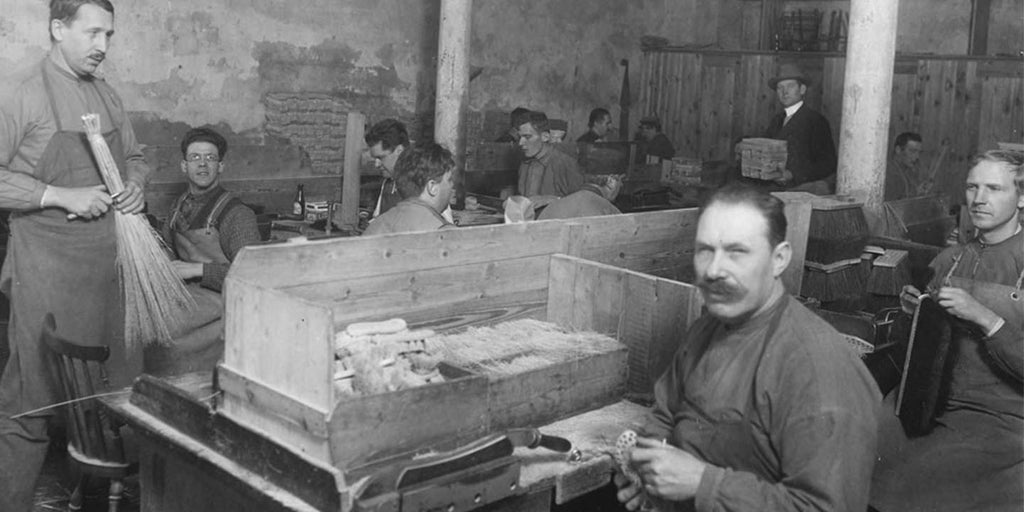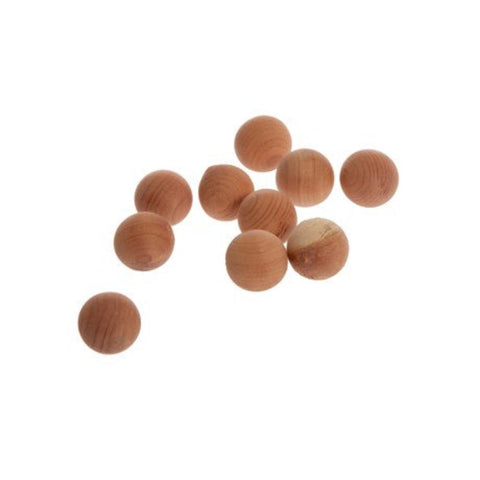
Iris Hantverk Scouring Pad Loofah
Scouring pad made of 100% loofah. This plant is related to cucumber and zuccini. The Loofah is organically and sustainably cultivated in Spain. No spraying is used and irrigation is done using natural rain and recycled thermal water. During manufacture, no chemicals are used, but only 43-degree thermal water softens the fibre.
When the scouring pad is soaked, it becomes softer and larger. It works on all surfaces and it does not scratch or destroy any material. It is ideal for use as a kitchen scouring pad or general scouring pad. The scoring pad lasts about 4-6 months depending on the use.
Clean the scouring pad by placing it in boiling water with mild washing-up liquid. Rinse it and let it air dry, use the handle. If it changes colour or becomes too soft, it is time to put it on the compost.
Details
Iris Hantverk
About The Designer

The core of the business is the brush binding manufacturing at Sandsborgsvägen, Enskede – here 5 visually impaired craftsmen from different cultures make brushes according to an old Swedish tradition. The company also works with visually impaired craftsmen in Estonia, whose craft and connection to the visually impaired movement parallel the brand.
Iris hantverk has strong ties to and share their history with the Visually impaired organization in Sweden, SRF. In November 1870, Dr. Axel Beskov took the initiative of founding the Manilla School - a workhouse for visually impaired craftsmen in Stockholm. Initially there were nine people, most of them lived at the workhouse. A large part of DBF work came to revolve around the development of support for the artisans and their ability to live off their work. In 1902 DBF, "De blindas förening", a political independent group founded by the craftsmen, decided that materials for brush binding and basket making would be purchased collectively in order to reduce prices and be sold to the visually impaired craftsmen for purchase price. In 1906, a property was purchased becoming an office and library, brush binding factory, warehouse for raw materials, sales of raw material and a shop – the beginnings of what Iris Hantverk is today.
Today, brushes are still made by hand and of mostly natural materials in Iris Hantverk’s exclusive designs; forging quality, tradition and expert craftsmanship.





